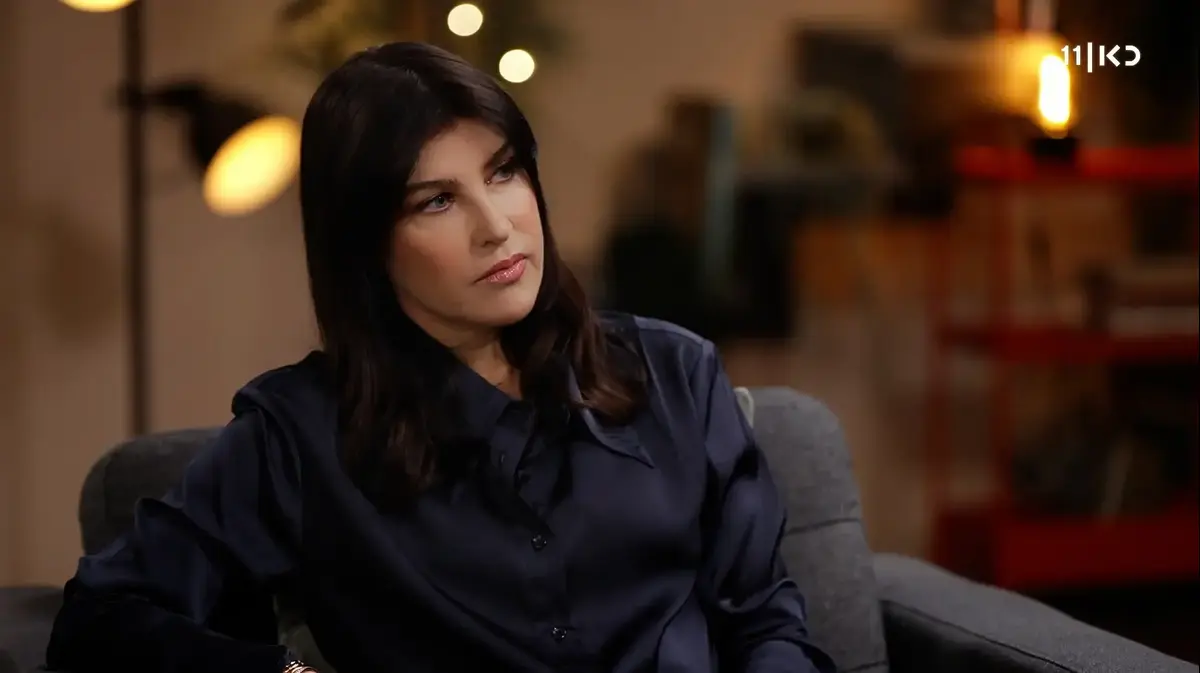SPIEGEL: Mr. Wales, you once compared your role in Wikipedia with that of the Queen of England. What function do you have today?
Wales: I have no formal role in the community, I do not determine how things are going. On the board of the Wikimedia Foundation, I act as a kind of memory: I know what discussions we have had in the past and can help us avoid making the same mistakes too often. My main job is to remind people of our core values.
SPIEGEL: Is it possible to feel political currents - such as the rise of populists like Donald Trump - in Wikipedia?
Wales: Nobody is affected. The heated climate of the age of Trump I feel in the Wikipedia but rather not. The Wikipedia community is very good at evaluating the quality of sources. Fake news such as "The Pope Supports Trump," which becomes viral on social networks, can only impress naive users, not the Wikipedia community. Other developments make me more worried.
SPIEGEL: Which ones?
Wales: For example, the decline of the local press. You can not write a good Wikipedia article about a small town if there are no more news about this town. This will have a long-term impact on the quality of Wikipedia.
SPIEGEL: There are also disinformation campaigns on your platform. For example, it has recently emerged that presumed Polish nationalists could falsify a Wikipedia article for years by misrepresenting a Nazi camp and exaggerating the number of Polish victims.
Wales: This particular case is very complicated. First, it was a little noticed article, second, the historical sources were very confusing. Of course that is no excuse, we have to do better work on these items. However, it is not quite as bad as it is partially portrayed: On Twitter, I was approached, whether Holocaust deniers at Wikipedia would have the shots. Of course that is not the case.
SPIEGEL: Are there many such campaigns?
Wales: So far, we have done a good job of warding off this. Wikipedia works best when we have a strong community. People who know each other and keep an eye on the developments. Many people think it would be easy to manipulate Wikipedia because everyone can participate. In reality, it is much harder.
SPIEGEL: It was a slogan of Wikipedia that anyone can write on Wikipedia articles. Should everyone work as well?
Wales: We still say everyone can work. But not everyone enjoys it, it's intellectual work. I think our business model is taking us in a very different direction than ad-supported social networks. We do not have to optimize our platform to attract as many visitors as possible.
SPIEGEL: The advertising-financed platforms use the knowledge of Wikipedia. For example, for years, Google has been showing brief definitions of articles on the search results page.
Wales: Everything in Wikipedia is freely licensed. We are happy when our work positively influences people's lives - in whatever ways. Of course, we are happier when we are referred to as a source. Google does that very well. But when Alexa asks, "Who is Tom Cruise?", She reads out the first two sentences from the Wikipedia article, without telling the user where the information came from. It would be bad if people said that Wikipedia is expendable because Alexa knows everything.
SPIEGEL: Should corporations like Google, Amazon and Facebook do more to support Wikipedia?
Wales: Yes, maybe. But we value our independence. Most of our revenue comes from small donors. That should remain so. Whenever a corporation donates large sums of money, there are some paranoid reactions: What influence do you want to exert on Wikipedia?
SPIEGEL: Diversity is currently a big topic in the Wikipedia community. For example, there are far fewer articles about women than men. Does this only depict the imbalance of society - or does Wikipedia contribute to the imbalance?
Wales: Both are the case. For example, if you look at eighteenth-century scientists, you will find few women among them, because they were systematically excluded from science at that time. We can not solve this problem today. But of course, the question arises, to what extent wikipedia amplifies the imbalance. For example, someone has examined the articles by award-winning writers. The articles on the authors were much shorter than those on the male authors.
SPIEGEL: Why is that?
Wales: At least not that the Wikipedia community believes that women are less important. People write about what they know - such as science fiction literature, which is largely influenced by male authors and readers. However, there are many other genres as well, and we need to think about how to integrate those voices into our community. Here we have to think about standards of behavior in the community: Are we taking the topic seriously enough? Are we inviting enough?
SPIEGEL: What is the most important problem you would like to solve?
Wales: One of the biggest challenges is the growth of Wikipedia in the languages of developing countries. The next billion people who get online access will go to the Internet with mobile devices. It's hard to write Wikipedia articles on smartphones. That's why we're investing more and more resources to improve access for these people. For me, this is Wikipedia's original vision of offering an encyclopedia for all in their own languages. This is my life's work.








